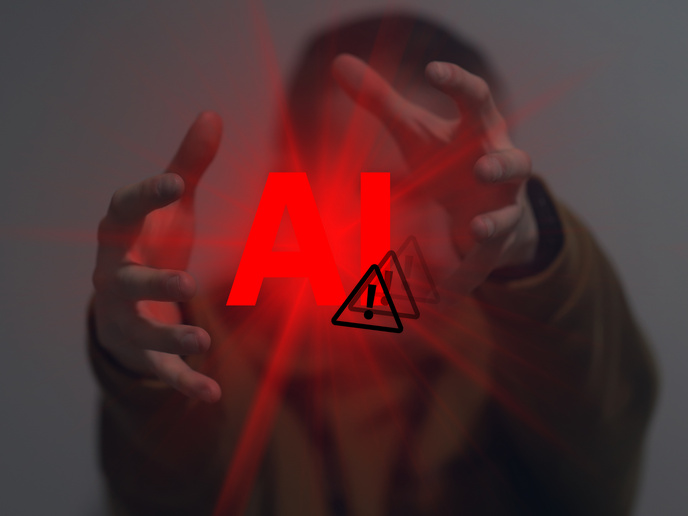Beware the rise of AI!
On 1 May, computer scientist Geoffrey Hinton announced his resignation from Google over concerns about the technology he helped to develop. He’s worried about how smart the tech is becoming. Dr Hinton just one of a growing number of influential people raising the alarms on a new crop of AI-powered chatbots such as ChatGPT. “Right now, they’re not more intelligent than us, as far as I can tell. But I think they soon may be,” he told the ‘BBC’(opens in new window). “[W]hat we’re seeing is things like GPT-4 eclipses a person in the amount of general knowledge it has and it eclipses them by a long way. In terms of reasoning, it’s not as good, but it does already do simple reasoning. And given the rate of progress, we expect things to get better quite fast. So we need to worry about that.”
Understanding the emerging risks
AI developments pose “profound risks to society and humanity,” Dr Hinton stated in ‘The New York Times’(opens in new window). “Look at how it was five years ago and how it is now. Take the difference and propagate it forwards. That’s scary. It is hard to see how you can prevent the bad actors from using it for bad things.” He elaborated: “The idea that this stuff could actually get smarter than people — a few people believed that. But most people thought it was way off. And I thought it was way off. I thought it was 30 to 50 years or even longer away. Obviously, I no longer think that.” It’s not just about intelligence. This is where things get disturbing. AI could manipulate, and perhaps even find a way to kill humans. “If it gets to be much smarter than us, it will be very good at manipulation because it will have learned that from us, and there are very few examples of a more intelligent thing being controlled by a less intelligent thing,” Dr Hinton explained in a live ‘CNN’ interview(opens in new window). “It knows how to program so it’ll figure out ways of getting around restrictions we put on it. It’ll figure out ways of manipulating people to do what it wants.” So what’s the answer? “It’s not clear to me that we can solve this problem. I believe we should put a big effort into thinking about ways to solve the problem. I don’t have a solution at present.”
Take a step back?
In March, tech billionaire Elon Musk and several experts asked to put the brakes on AI systems’ development. This should buy the time needed to ensure they are safe. The release of GPT-4, a much more powerful version of the technology used by ChatGPT, led to an open letter(opens in new window) signed by over 1 000 people in the AI domain, including Musk and Apple co-founder Steve Wozniak. Interestingly, Dr Hinton wasn’t one of the signatories. “I don’t think we can stop the progress,” he told ‘CNN’(opens in new window). “I didn’t sign the petition saying we should stop working on AI because if people in America stop, people in China wouldn’t.”



